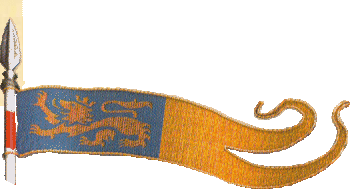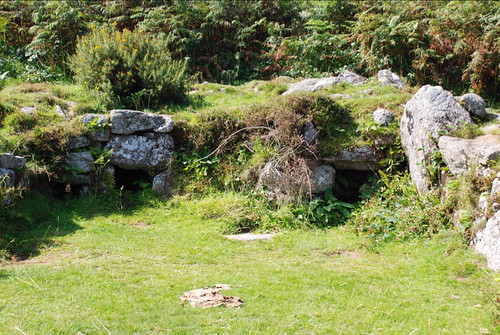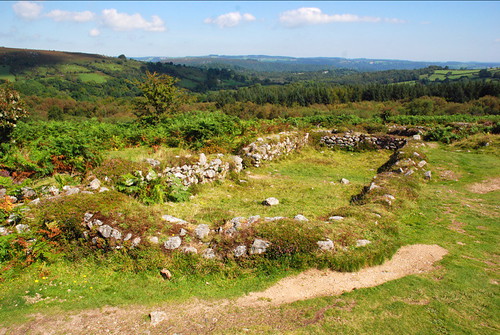Hound Tor 2
Friday, September 14th, 2007The reason for the famine was that the weather was atrocious. All through the summer it rained and rained, both in 1315 and 1316, and the harvest was very poor. Not only was there little grain, the tiny amounts that could be harvested were unnutritious. What grain there was wouldn’t store well, but fell prey to various fungal infections.
In a vain attempt to improve it, the villagers built kilns to dry it. The idea was to gradually roast the grain so that all dampness was driven off. Modern research suggests that it would have been unsuccessful, though. For all their efforts, the villagers continued to starve until they left and went to the lowlands.



